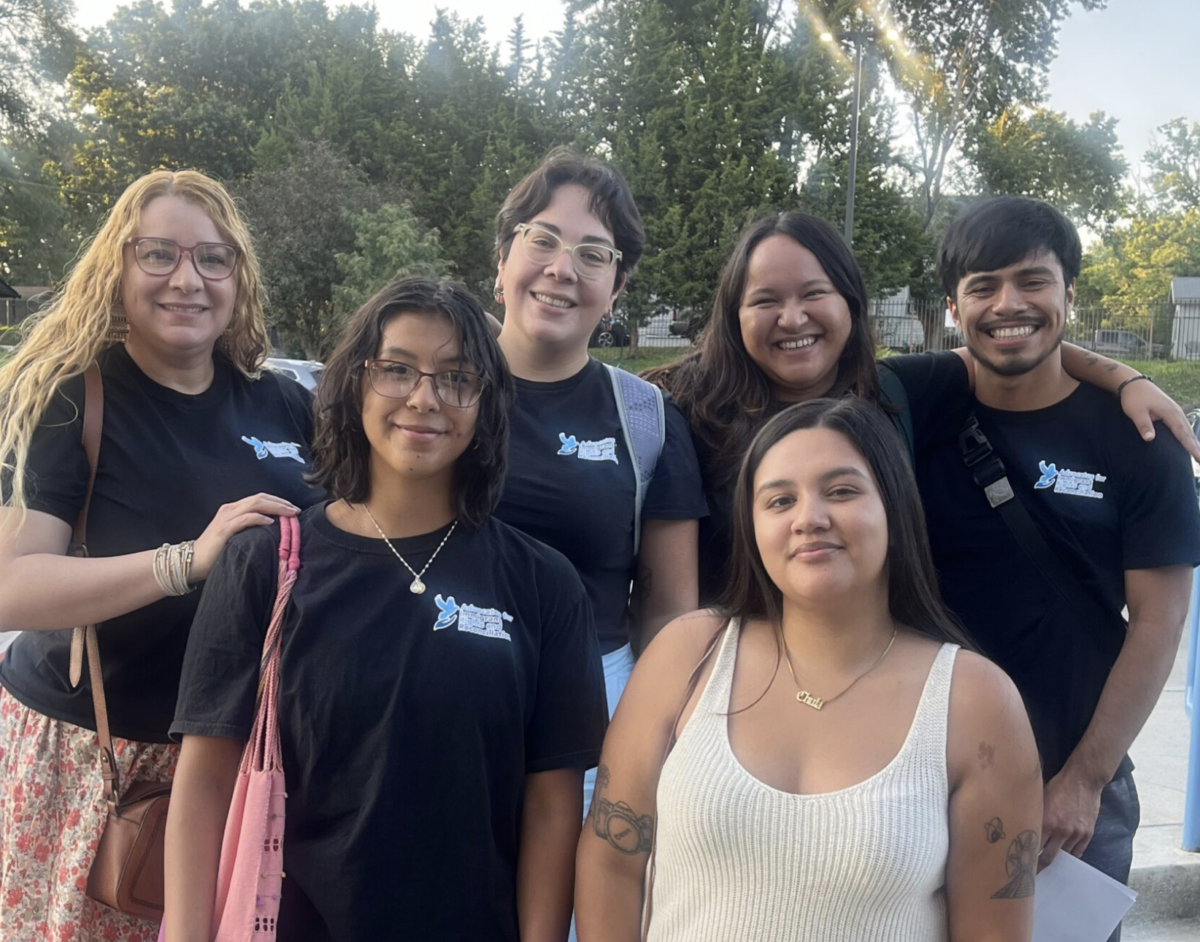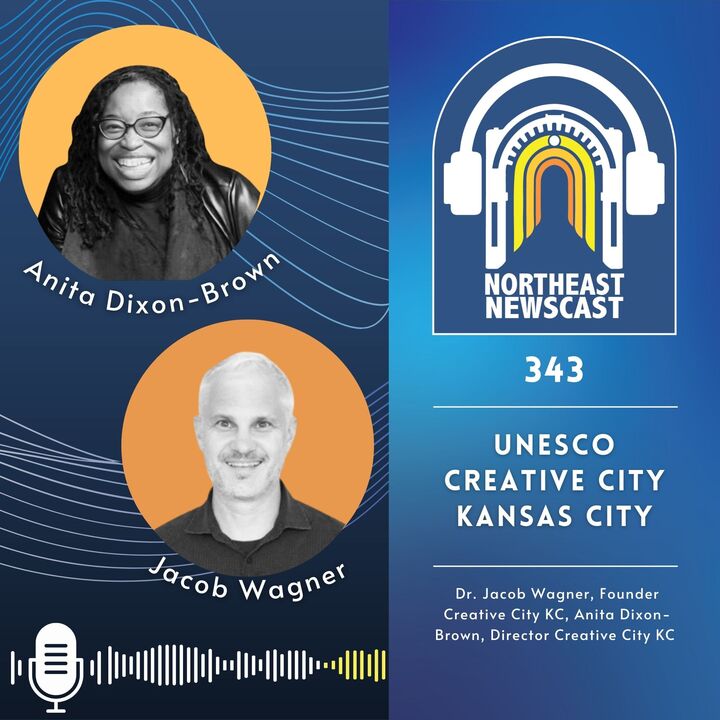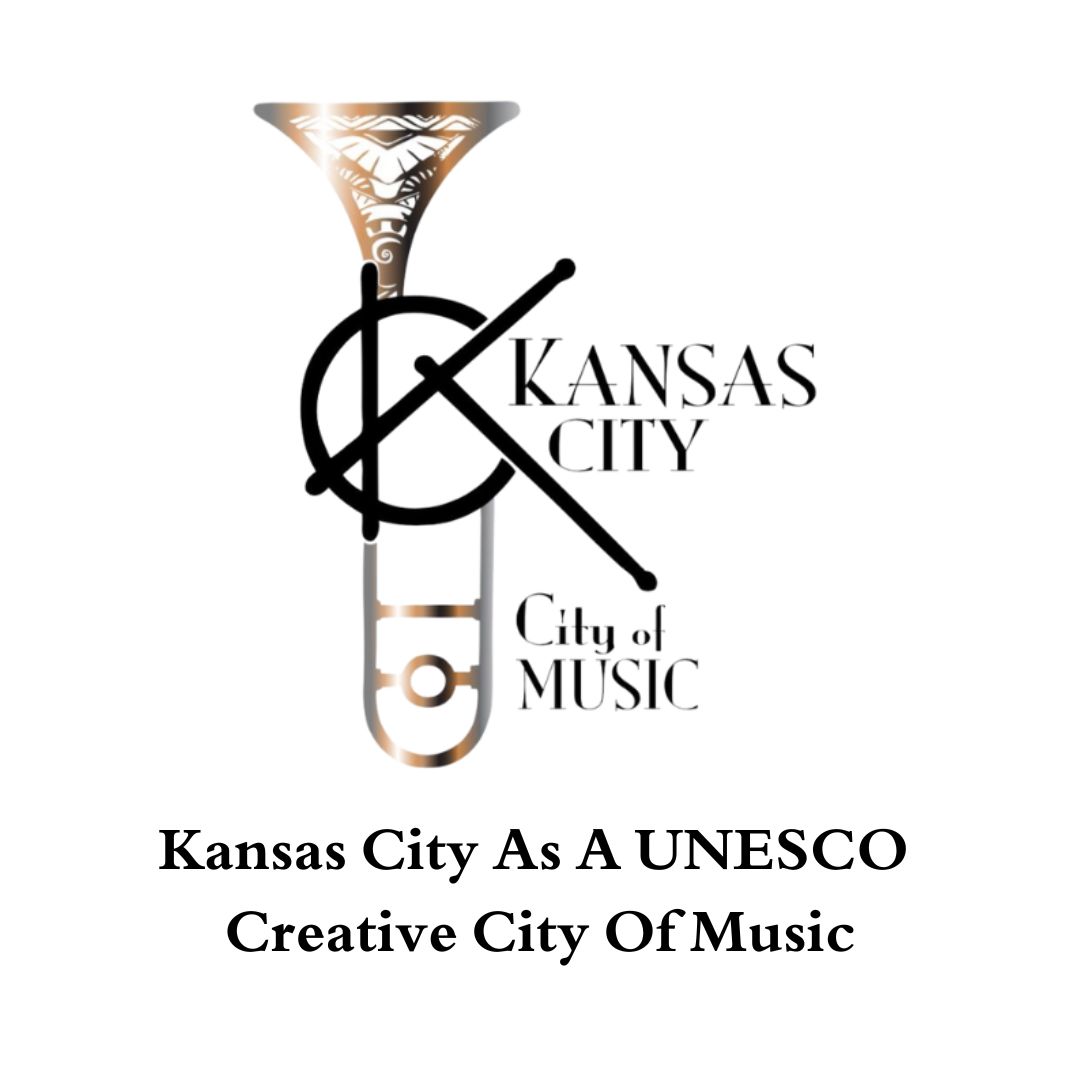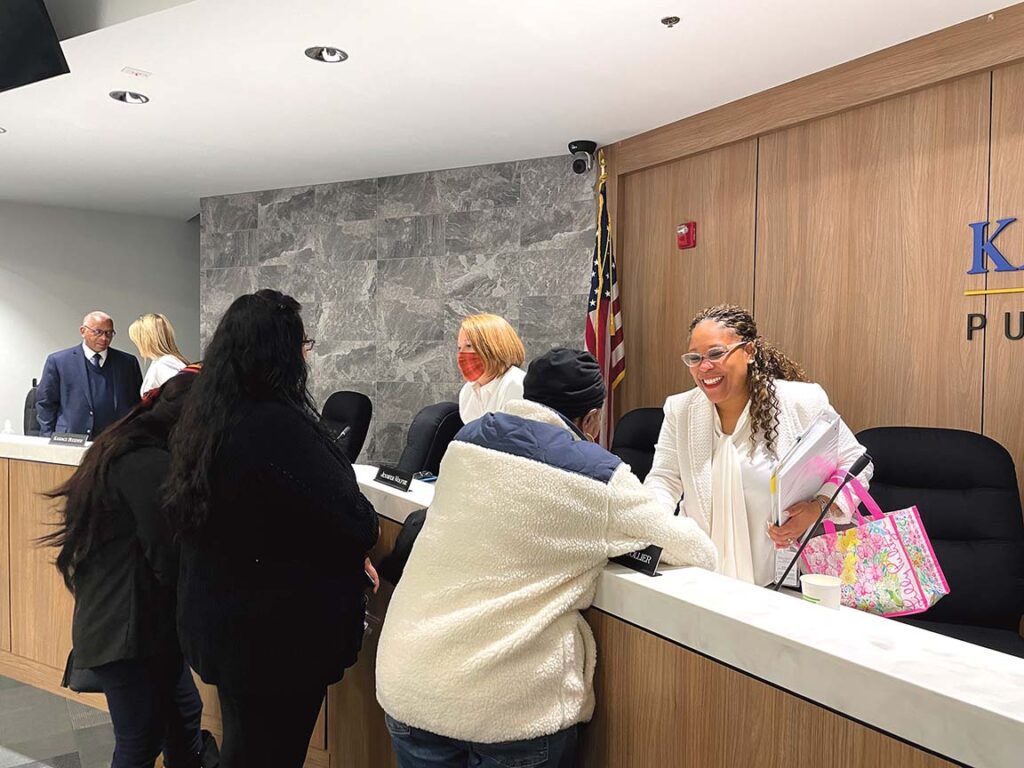
Abby Hoover
Managing Editor
Relief flooded the Kansas City Public Schools (KCPS) boardroom last Wednesday as the District Administration shared revised Blueprint 2030 recommendations, which include keeping three Northeast schools, previously considered for closure, open.
Northeast High School, James Elementary, Whittier Elementary and seven other schools were slated for closure or reuse in the Blueprint 2030 recommendations made on October 12. Since then, community members, alumni of the schools, education nonprofits and others have come together in Northeast to protest the closures.
At the January 11 Board Workshop Meeting, they shared new recommendations based on feedback received from students, staff, families and community last fall.
The revised recommendations include continuing to operate 35 of 37 schools, closing two schools, Longfellow Elementary and Troost Elementary, at the end of the 2022-2023 school year, and pursuing a General Obligation Bond in Spring 2024. KCPS will revisit additional facility recommendations after further engagement and a bond vote.
The Board, which now has no representative for Northeast since Manny Abarca resigned from Sub-District 3 when he was elected to the Jackson County Legislature, is scheduled to vote on the revised recommendations on Wednesday, Jan. 25. With an even number of board members, Board Chair Nate Hogan said a tie vote would be a no.
If these recommendations are accepted, KCPS Transition Teams will work closely with students, families and staff at impacted schools to help them feel welcome at their new schools. The District will be hosting school tours and enrollment days and nights for families to make this process easier for students.
The Blueprint 2030 discussion stretches far beyond which school buildings remain open. Since 2000, the District has seen a revolving door of leadership, fluctuating instructional focus and programming, and incremental student performance progress.
A year after regaining full accreditation, the District’s proposed new mission statement is, “Upholding the promise of an equitable educational experience so Kansas City students thrive socially, emotionally and academically.”
KCPS’ new educational approach will shift to student-centered delivery of instruction; honoring and leveraging deep culture, creativity and passion of individual students for learning; active and hands-on learning via projects, experiments, research and collaboration with peers; real-world learning beyond the classroom and school; and students becoming agents of change and champions for social justice and equity.
Blueprint 2030’s academic components include Culturally Responsive Teaching, critical pedagogy, project-based learning with an interdisciplinary focus STEAM (Science, Technology, Engineering, Arts, Math), competency-based learning, a literacy and math focus, and instrumental music and world languages beginning at Kindergarten, along with further expansion of Fine Arts programming. The plan also includes reading, math and English for Speakers of Other Languages (ESOL) endorsements for teachers, and Lead Teachers as a new coaching model.
In a district whose student body has 90% People of Color (POC), 24% of students learning English as a second language, 12% of students on an Individualized Education Plan (IEP), and with 89% of students qualifying for Free or Reduced Lunch, many KCPS students are members of marginalized groups who have historically underperformed academically.
Blueprint 2030 engagement, delayed by COVID-19, has been a years-long process. But now, families in Northeast are hopeful they’ll get to keep their schools, where they find so much support and community, open.
Northeast High School alumni Roberta Holt-Kipper, class of 1969, and Karole Zinger, class of 1962, had complex emotions leaving Wednesday’s meeting.
“I was still upset because we still have an answer, but on the other hand, I’m a little sad because I was a former Hallmarker, and the very first school in Kansas City I volunteered at was Longfellow – because Hallmark has a working relationship with them – so I was an email buddy there and I was also a reading buddy there,” Holt-Kipper said. “But on the other hand, the safety of our students should be first. So, I understand.”
Zinger feels like Northeast won the lottery.
“We got a reprieve for a while,” said Zinger, who is the Northeast High School Alumni Association President.
Holt-Kipper, who is on the alumni association board and runs the food pantry and clothes closet at the high school, has been in communication with alumni who are planning to leave part of their estate to the school when they pass.
“I think to myself, that’s going on in every one of these schools,” Holt-Kipper said. “It’s sad that it’s two elementary schools because they’re neighborhood schools and that’s what we’ve said from the very beginning, that closing the school because it’s an unsafe school is quite different than closing the building because you didn’t take care of it.”
While she’s sad for those families who will have to find new schools, she’s happy for her own school. The food pantry and clothes closet serve over 100 families per month.
“Most of those, 99% of those, are within Northeast boundaries,” Holt-Kipper said. “I see the fact that what’s in Northeast, what’s located at Northeast High School is really important to a lot of families. They would have closed up the pantry, the alumni room, the alumni support, scholarships, all of that would have gone.”
The alumni association’s board had discussion on what would happen to their group, which has provided so much support to current and past students.
“That would be a sad state of affairs, not to mention that our kids don’t want to go anywhere,” Zinger said. “You’d lose this sense of community spirit, like when it was a magnet school, we can tell that from our income, you know, the money that comes into our board. We can tell those years because once they leave the area, there’s no sense of community anymore.”
How do you close an historic school in a historic neighborhood that’s trying to rebuild? That’s the question that’s been on the minds of many Northeast stakeholders for the past few months.
The ladies are planning to continue engaging with current students, sharing the history of their school, providing assistance and mentoring.
Edgar Palacios, founder of Revolución EDucativa, an advocacy group that works alongside Latinx Education Collaborative to increase the representation of Latinx education professionals in K-12, is thrilled for Northeast’s school families.
“Particularly those that stepped up and wanted to support their community, wanted to save their schools because they absolutely believe in their schools,” Palacios said. “I’m grateful that the board and administrators listen to the parents. For us, the work isn’t about whether we win in this moment or not, it’s about whether our parents are heard.”
He thinks this is a step in the right direction and is hopeful that the board will vote in favor of the proposed revisions, but he won’t celebrate until after the 25th.
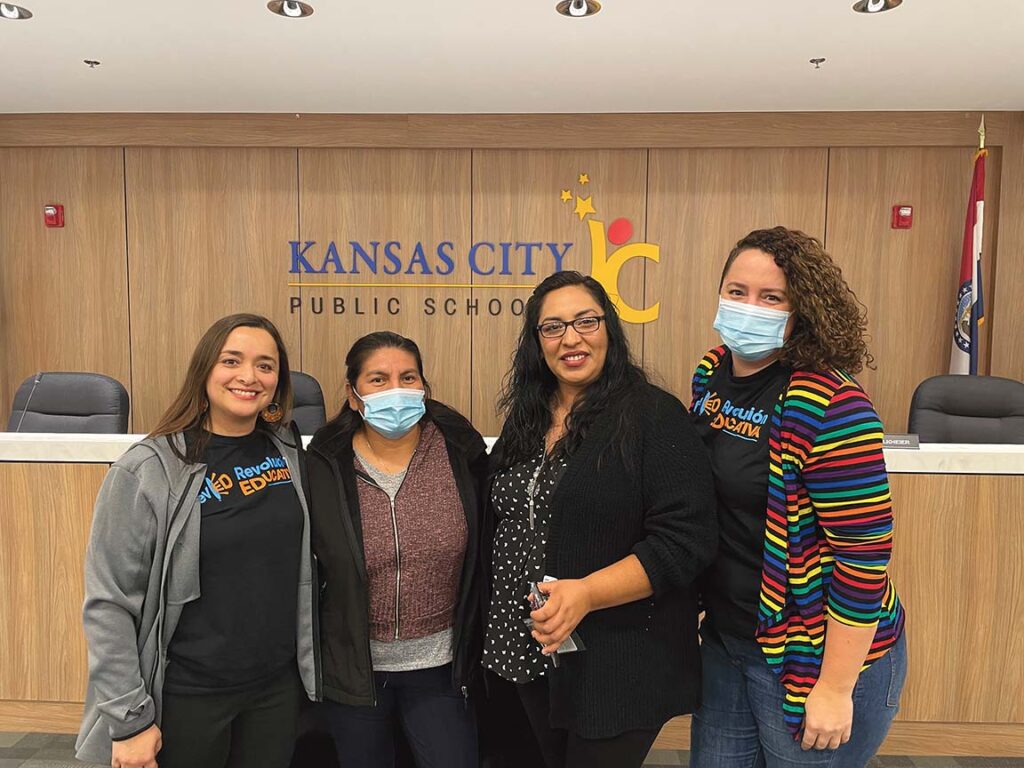
“What I’m excited about is that we have seen that neighborhoods can take control of what they want to see for their children,” Christy Moreno, RevED Chief Community Advocacy & Impact Officer said. “We have seen parents like Dalia (Rodrigez). We are an organization that puts parents and students at the center. What they want, we’re here to support. But we’re also here to ensure that all those vehicles that are needed for them to have access to information, and for the schools to have access for families in place.”
Throughout the engagement process, RevED has advocated for better language access, especially for neighborhoods like those Northeast.
“The outcome of tonight is that KCPS did open their ears, like, ‘Whoa, we’re getting the reaction from the communities – maybe not as soon as we wanted it – because we have realized,’ as they said tonight, ‘that our communications plan was flawed since the beginning.’”
RevED knows the value of being in the heart of a community, and creating pathways for parents to get involved.
“Promises are promises,” Moreno said. “I liked hearing the words accountability and transparency a lot, I hope that those are actually values in that statement, because that’s the only way to move this community forward.”
Dahlia Rodriguez, a parent of a fourth grader at James Elementary who started a petition to keep the school open, is extremely joyous and happy for the opportunity that the District is giving parents to demonstrate that James can continue to grow and improve.
“This is only one step forward, and we’re trying to build here, shedding light on the importance that the community has in these issues,” Rodriguez said in Spanish, with interpretation by Moreno. “I also feel very happy with the board. I feel very excited that the board actually decided to pay attention and listen to us parents and take our input into account.”
Throughout the community discussion around closing schools, Rodriguez had the opportunity to talk one-on-one with KCPS board members as an organizer of the community at James and in the neighborhood.
“It has all along been a great experience. Initially, I had just met with one. Even though I was shy and didn’t know how to address the conversation, I took that time and I had the opportunity to speak with this board member,” Rodriguez said. “And then came the other meetings with the other ones, and I am very grateful that they took the time and the opportunity to listen to me because I felt that I was heard with respect and empathy, really, really listening to what I had to share.”
She encouraged other parents to get involved, and assured them that the language is not a barrier.
“Even though some of our cultures or heritage may be different, we have the same heart, and that’s the heart of the parents,” Rodriguez said.
She thanked reporters, board members, parents and community members for standing beside the schools and walking through the process with them.
“I want to honor my friend here, my companion, my colleague, my comrade, Tricia [McGhee],” an advocate at RevED, “who has not abandoned me one minute and has been supportive of me and of parents at James. I also want to thank Mr. Edgar [Palacios] for the time that he has taken and the opportunities that he has provided for us to rise up and be vocal about our deeds.
While Northeast families, teachers and neighbors await the vote next week on the revised Blueprint 2030 to see if their schools are saved, KCPS is putting plans in place to help the district make a seamless transition into the recommendations. More information on the revised recommendations is available at kcpublicschools.org/about/blueprint-2030.


